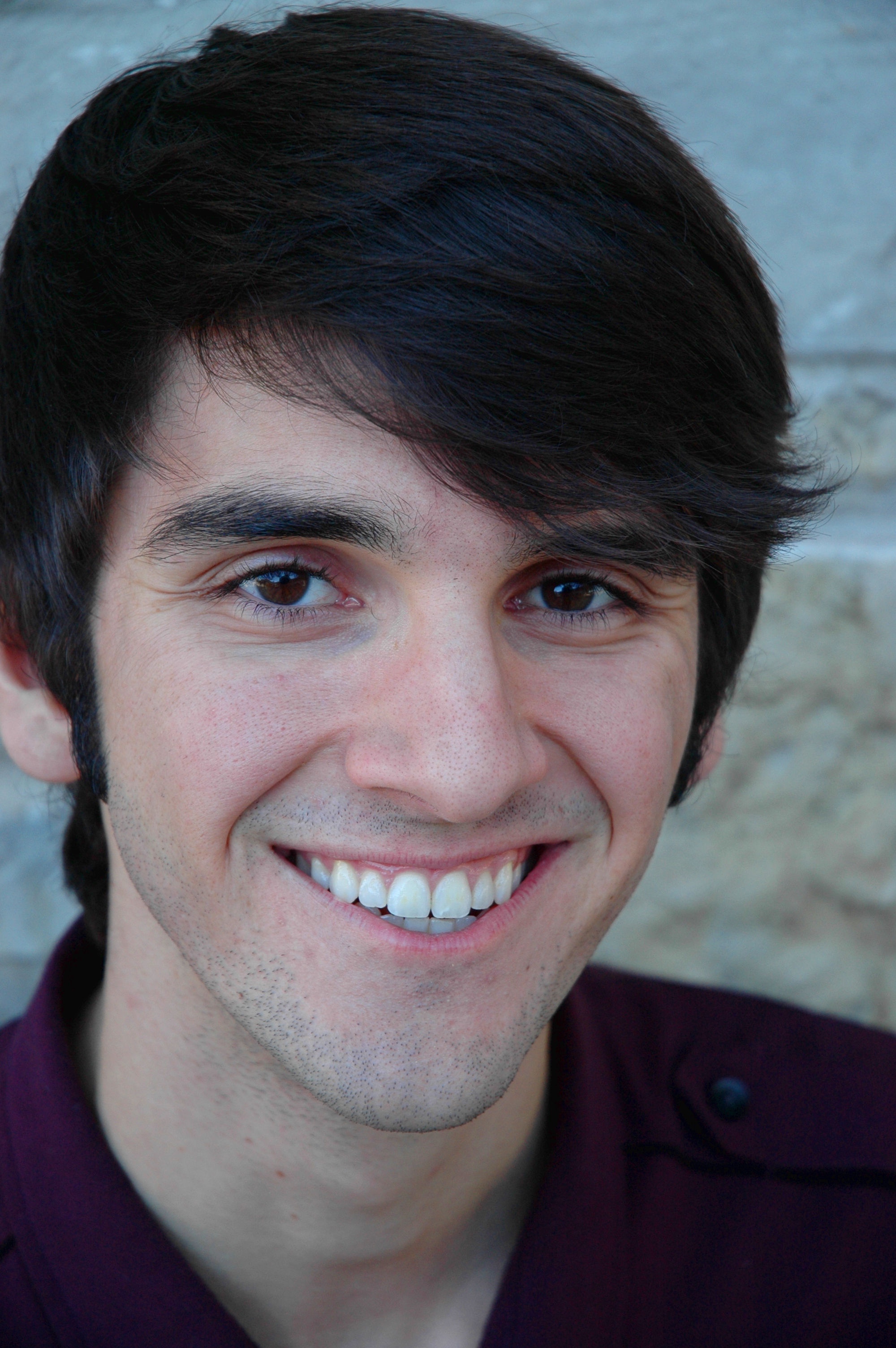Celebration of Scholars
Performing Symbolist Theatre
 Name:
Neil Scharnick
Name:
Neil Scharnick
Department: Fine Arts
Type of research: SURE
Funding: SURE

Major: Theatre Performance and Music Theatre
Hometown: Cottage Grove, MN
Faculty Sponsor: Neil Scharnick
Other Sponsors:
Type of research: SURE
Funding: SURE
Abstract
French Symbolism, a non-realist genre committed to “making the invisible visible,” was profoundly influential on modern theatre: its irrationality appealed to the post-war Absurdists and its mysticism inspired the ‘60s avant-garde. Despite its importance as a forerunner to the Twentieth Century’s most important theatre, production of Symbolist drama—particularly in the U.S.—is almost unheard of today. It was our hypothesis that this dearth of production stems from a lack of understanding concerning 1) the theory behind the work and 2) the performance and production practices the style demands.
It was the goal of this project to ascertain what producing the poetic and cryptic drama of the Symbolists required and what it offers artists and audiences today. We needed to develop a deeper understanding of the writings of Symbolism’s champion, Maurice Maeterlinck. This understanding could come only through studying primary documents (plays, theoretical essays, etc.) and recent scholarship on Symbolism. We chose promising Symbolist plays and authored production concepts for them. We tested our concepts through performance, recreating to the extent possible the performance techniques of the Symbolists.
The Ensemble & Experimental Acting J-term course provided a further context for testing results and refining our understanding of the form. The class wrote and performed plays in the Symbolist mode and offered a performance showcase, part of which will be performed during the Celebration of Scholars.
Submit date: March 13, 2014, 12:12 p.m.
